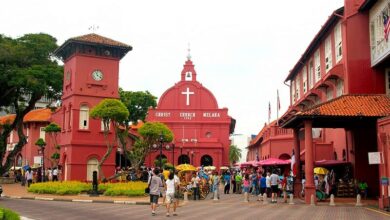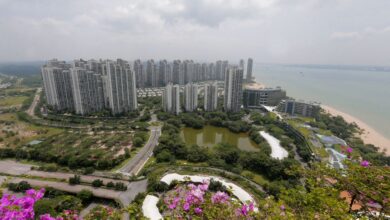Pertamina’s shipping unit to double tanker fleet in next 10 years

THE shipping unit of Indonesia’s state energy firm Pertamina plans to double its fleet of 320 tankers in the next 10 years, the unit’s chief executive officer Yoki Firnandi said in a conference on Thursday (Sep 19).
The expansion, aimed at reducing the average age of the company’s fleet, is set to include investment in vessels to transport liquefied natural gas (LNG).
Indonesia is a major producer and exporter of LNG. It exported some 16 million tonnes last year, or about 5 per cent of the world’s total LNG exports.
In 2021, Pertamina International Shipping (PIS) signed an agreement for a strategic partnership with Japan’s shipping company Nippon Yusen Kaisha to potentially collaborate on an LNG logistics business.
PIS secured a US$185 million syndicated loan to fund investment in its fleet and infrastructure in the prior year.
The US alone is set to require an additional 400 vessels to carry LNG from its export terminals – currently under expansion – to foreign buyers, said vice-president of North America gas markets at research company Rystad Energy, Emily McClain.
A NEWSLETTER FOR YOU
Friday, 8.30 am
Asean Business
Business insights centering on South-east Asia’s fast-growing economies.
PIS is also trying to use cleaner fuels for its tankers and follow more efficient practices for ship hull cleaning and propulsion, Firnandi said.
The bulk of further reductions in shipping industry emissions is largely expected to come from use of alternative fuels, the chief executive added.
It remained unclear which alternative fuel shippers should bet on. New vessels have multi-decade lifespans, and companies are cautious of committing to one greener fuel over another.
“The dilemma for us is which alternative fuel, and you can only choose some options, whether biofuel, methanol or hydrogen and ammonia,” Firnandi said. He also cited concerns of future availability, as other sectors look to the same greener fuel options to decarbonise.
Some companies have bet on methanol, and on dual-fuelled vessels. They can run on traditional bunkering fuel, very low-sulphur fuel oil, and methanol.
More than 300 of those vessels currently in the order book, said Meg Gentle, executive director of the board at alternative fuels company, HIF Global.
Major bunkering hub Singapore now has more capacity for bunkering methanol than for bunkering LNG, Gentle said.
But the path to net zero has been complicated by a lack of cohesive global shipping regulations, executives said.
“There will be a lot of homework to do,” Firnandi said referring to decarbonisation shipping. He pointed to the need for global collaboration following the International Maritime Organisation 2020 regulation that changed the world’s standards for maritime fuel.
“We see a lot of misalignment in terms of regulation for decarbonisation,” Firnandi said.
HIF Global studied its green hydrogen Texas facility to ensure the fuel produced also complied with requirements of the European Union, the International Maritime Organisation, Californian regulations and other industry-recognised standards.
“Across the industry, we have to move to a system that creates liquidity in the market for imports, exports, trade across all regions, and moves away from this very localised regulation,” Gentle said. REUTERS





